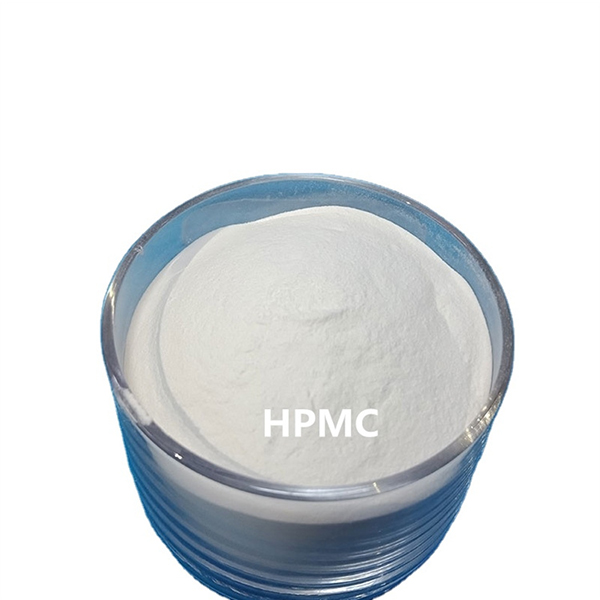Understanding Additive Powder A Comprehensive Overview
Additive powders have gained significant traction in various industries, particularly in manufacturing, construction, and pharmaceuticals. These powders are crucial for enhancing the properties of base materials, facilitating production processes, and improving the overall performance of end products. This article delves into the types, applications, benefits, and considerations associated with additive powders.
What are Additive Powders?
Additive powders are finely milled materials that are combined with other substances to modify their characteristics. These powders can be categorized into several types, including but not limited to, binding agents, fillers, and functional additives. Each type serves a specific purpose, addressing different needs in production and application processes.
1. Binding Agents These powders help to improve the cohesion of materials, thus enhancing the overall integrity and durability of the final product. They are commonly used in construction materials and various manufacturing processes.
2. Fillers Fillers are used to modify the volume, density, and other physical properties of a material. They can also reduce production costs by replacing more expensive components without compromising quality.
3. Functional Additives These additives impart specific characteristics to products, such as improved thermal stability, resistance to environmental factors, or enhanced mechanical properties. Functional additives are prominent in sectors like automotive and electronics.
Applications of Additive Powders
The versatility of additive powders has led to their adoption in various industries
- Construction In construction, additive powders are used in concrete mixtures to enhance strength, workability, and durability. Additives like fly ash or silica fume can improve the longevity of structures.
- Pharmaceuticals In the pharmaceutical industry, additive powders play a vital role in drug formulation. They can enhance solubility, bioavailability, and stability of active pharmaceutical ingredients, ensuring that medications work effectively.
- Food Industry Additive powders are also prevalent in the food sector, where they serve as preservatives, flavor enhancers, and texturizers, improving the quality and shelf life of food products.
- 3D Printing In additive manufacturing, various powders are used in 3D printing processes. Materials like nylon, metal powders, and polymers are combined to create intricate designs and prototypes, revolutionizing manufacturing efficiency.
Benefits of Additive Powders
additive powder

Utilizing additive powders brings several benefits
1. Cost-Effectiveness By substituting expensive materials with economical additives, manufacturers can reduce production costs significantly without sacrificing quality.
2. Enhanced Properties Additive powders improve the physical and chemical properties of base materials. This results in stronger, more durable products that meet stringent performance standards.
3. Versatility Additive powders can be tailored to meet specific requirements of different industries. This adaptability allows for innovation in product design and formulation.
4. Sustainability Many additive powders are derived from recycled materials, contributing to sustainable manufacturing practices. Utilizing such powders can reduce waste and environmental impact.
Considerations When Using Additive Powders
While additive powders offer numerous advantages, there are several factors to consider
1. Compatibility It is essential to ensure that the additive powder is compatible with the base material to avoid adverse reactions that could compromise product quality.
2. Quality Control Strict quality control measures should be in place to ensure the consistency and reliability of additive powders. Variability in powder quality can lead to inconsistent final products.
3. Regulatory Compliance In industries such as pharmaceuticals and food, adherence to regulatory standards is paramount. Manufacturers must ensure that the additive powders meet health and safety regulations.
4. Cost Implications Although additive powders can reduce overall costs, the initial investment in high-quality powders must be considered. The long-term benefits should justify the upfront expenditure.
Conclusion
Additive powders are an integral component of modern manufacturing processes, significantly impacting product performance across various industries. Their ability to enhance material properties, reduce costs, and enable innovative product designs makes them invaluable in today’s competitive market. However, careful consideration must be given to their selection and application, ensuring that they meet compatibility, quality, and regulatory standards. As industries continue to evolve, the role of additive powders is likely to expand, driving further advancements in technology and manufacturing practices.




